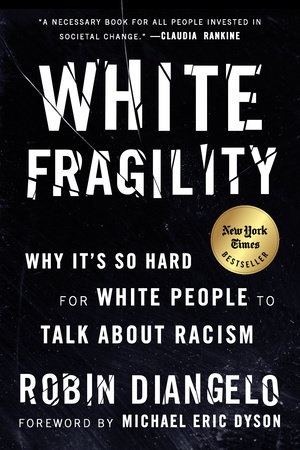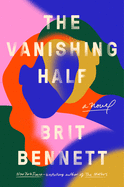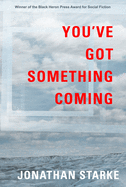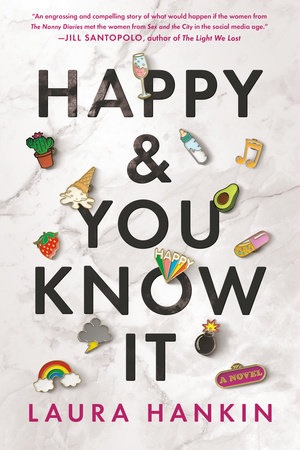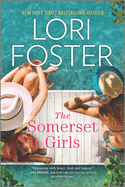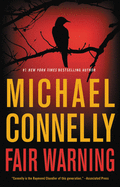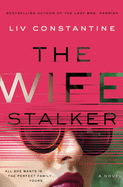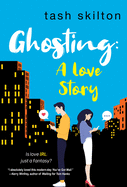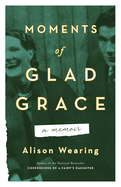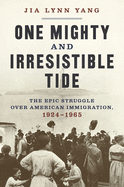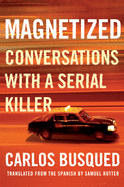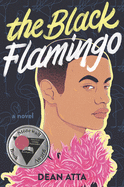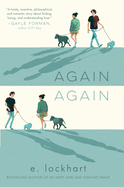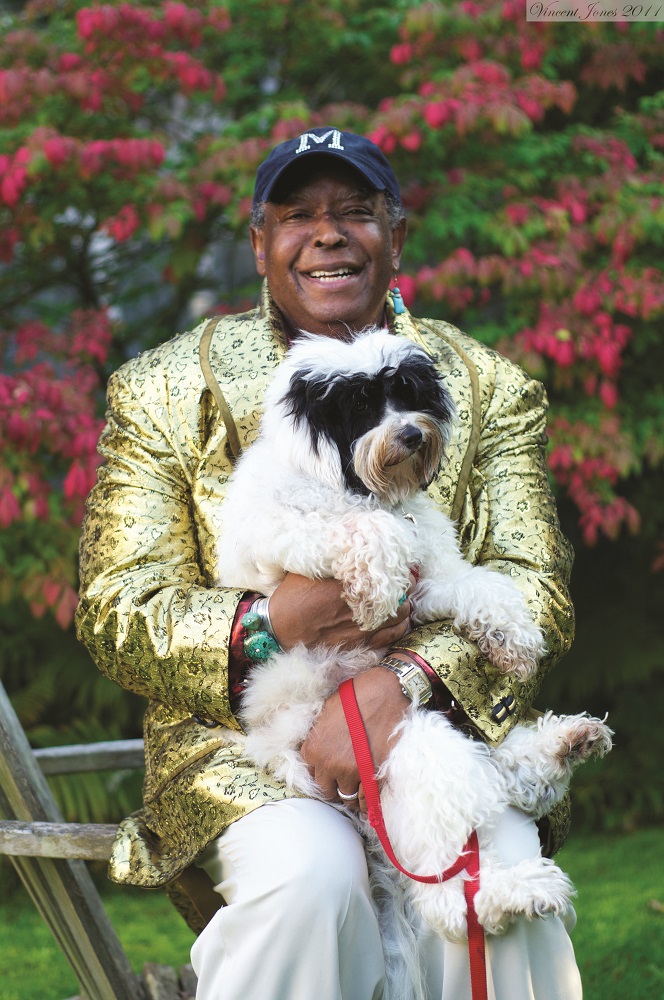 |
| photo: Vincent Jones |
François S. Clemmons received a Bachelor of Music degree from Oberlin College and a Master of Fine Arts from Carnegie Mellon University. He also received an honorary Doctor of Arts degree from Middlebury College. In 1973, he won a Grammy for a recording of Porgy and Bess; in 1986, he founded and directed the Harlem Spiritual Ensemble; and from 1997 until his retirement in 2013, Clemmons was the Alexander Twilight Artist in Residence and director of the Martin Luther King Spiritual Choir at Middlebury College in Vermont, where he resides. He is perhaps best known for his appearances as the singing police officer, Officer Clemmons, on the PBS television series Mister Rogers' Neighborhood. Officer Clemmons: A Memoir was published by Catapult on May 5, 2020.
On your nightstand now:
I admit that I've kept a galley of Officer Clemmons: A Memoir there ever since I received it in the mail!
Favorite book when you were a child:
I absolutely loved Five Smooth Stones by Ann Fairbairn, about a young black boy in Depression-era New Orleans who suffers great hardship in his life in order to become a leader of the civil rights movement. I read that book over and over again.
Your top five authors:
Commanding and beautiful black voices like James Baldwin, Lucille Clifton, Toni Morrison, Alice Walker, Maya Angelou... and Langston Hughes. That's six, but I can't possibly leave him out!
Book you've faked reading:
Harry Potter. I know, I know, but I just didn't have the time to read them when the series became so popular, and I never picked them up later.
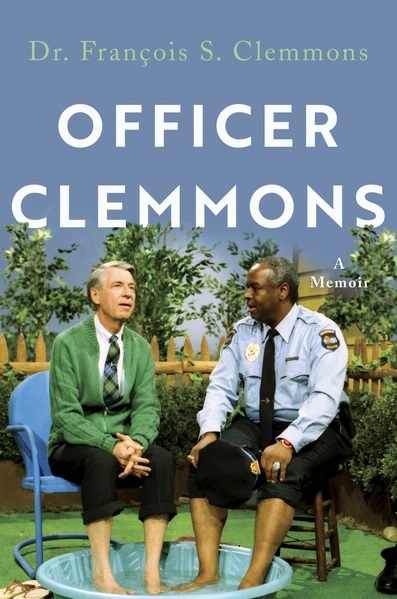 Book you're an evangelist for:
Book you're an evangelist for:
A People's History of the United States by Howard Zinn. Zinn is the real deal--I recommended his book to my students every year. It revolutionized the way American history can be taught and discussed.
Book you've bought for the cover:
Becoming by Michelle Obama. I absolutely adore Michelle. She is such an inspiring woman, and the photo on her memoir speaks to her strength as well as her warmth.
Book you hid from your parents:
The Persian Boy by Mary Renault as well as Giovanni's Room by James Baldwin because it was before I could ever explain to my parents why I wanted to read novels with gay characters. I didn't have the courage to tell them as a young man because I was certain that they would have met my confession with disgust and derision.
Book that changed your life:
Up from Slavery by Booker T. Washington inspired me tremendously. Washington has always been one of my heroes and he made me realize that if he could rise up from his terrible beginnings and make such an impact on the world, then maybe I could rise, too.
Favorite line from a book:
My favorite line actually comes from an opera called The Consul by Gian Carlo Menotti: "Even a great, great artist must find a way to make a living." Nothing has quite resonated more for me!
Five books you'll never part with:
The Bible because it has so much adventure, spirituality and the most gorgeous poetry you would ever want to read. I relate deeply to the beautiful Song of Solomon as well as the Anointing of David, and the story of Elijah. I've always been particularly drawn to the Old Testament.
The Little Prince, although I do gift copies from time to time. I enjoy that, at its heart, it is a story about relationships and how people care for one another. I think it is also an interesting metaphor for my experience in the gay community. Like the fox in the story, many do not wish to be "tamed." There is a fear in getting too close and accepting real love.
The Prophet by Kahlil Gibran speaks about spiritual freedom, and I find the thought of that kind of freedom to be simply amazing. The notion that I belonged to myself and not anyone else was revelatory. It showed me that I had the right to make my own decisions.
Roots by Alex Haley is very important to me because it gave an affirmative and positive feeling about being an African American. It is easy to feel disconnected in this country from Africa, but Roots had a very vital and organic connection with Africa that was palpable. Many African Americans feel like our beginnings began with slavery in this country and it didn't--our ancestry has pride and respect and honor in Africa.
The Fire Next Time by James Baldwin showed the importance of activism. It helped me find my place in the world and showed me that my art wasn't quite enough--that singing a song didn't quite cut it. Baldwin gave me a roadmap for how to be an activist.
Book you most want to read again for the first time:
Jubilee by Margaret Walker. It's essentially a black version of Gone with the Wind and has been described as "the first truly historical black American novel." I found it incredibly representative, powerful and relatable.
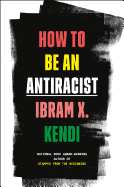 National Book Award winner Ibram X. Kendi's How to Be an Antiracist (One World, $27) is a timely and timeless way into a better understanding of how racism permeates culture and behavior. (Notably, Kendi's Antiracist Research & Policy Center has been collaborating with the COVID Tracking Project to provide data on how the virus affects people of color.) If you have children, also see Kendi's board book AntiRacist Baby, illustrated by Ashley Lukashevsky (Kokila, $8.99), which offers simple but profound lessons about how to make the world more equal. (And see here for books Kendi recommends.)
National Book Award winner Ibram X. Kendi's How to Be an Antiracist (One World, $27) is a timely and timeless way into a better understanding of how racism permeates culture and behavior. (Notably, Kendi's Antiracist Research & Policy Center has been collaborating with the COVID Tracking Project to provide data on how the virus affects people of color.) If you have children, also see Kendi's board book AntiRacist Baby, illustrated by Ashley Lukashevsky (Kokila, $8.99), which offers simple but profound lessons about how to make the world more equal. (And see here for books Kendi recommends.)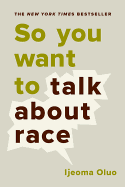 One of the most powerful ways forward is to have more informed, nuanced conversations about race, racism and white supremacy. To continue preparing for productive dialogue--and then moving toward enacting meaningful change--read the passionate, practical primer So You Want to Talk About Race by Ijeoma Oluo (Seal Press, $16.99).
One of the most powerful ways forward is to have more informed, nuanced conversations about race, racism and white supremacy. To continue preparing for productive dialogue--and then moving toward enacting meaningful change--read the passionate, practical primer So You Want to Talk About Race by Ijeoma Oluo (Seal Press, $16.99).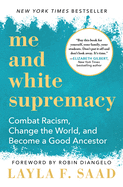 Looking further ahead, set your sights on becoming a good ancestor with the phenomenal teacher-activist-podcaster Layla F. Saad's Me and White Supremacy (Sourcebooks, $25.99). Saad lays a critical foundation for understanding functions and manifestations of white supremacy, along with invitations for deep personal reflection and lifelong practice. Anxious to get started right away? See her GoodAncestorAcademy.com. There's no time like the present. --Katie Weed, freelance writer and reviewer
Looking further ahead, set your sights on becoming a good ancestor with the phenomenal teacher-activist-podcaster Layla F. Saad's Me and White Supremacy (Sourcebooks, $25.99). Saad lays a critical foundation for understanding functions and manifestations of white supremacy, along with invitations for deep personal reflection and lifelong practice. Anxious to get started right away? See her GoodAncestorAcademy.com. There's no time like the present. --Katie Weed, freelance writer and reviewer



 Book you're an evangelist for:
Book you're an evangelist for: